 The economics thread of the Urban Zoo project began work just over two and half years ago with a visit to Nairobi by Barbara Haesler and Joshua Onono. They returned to London with infor-mation around the complexity of the livestock and meat markets and the different types of animal slaughter. From these early beginnings our work has progressed to describing how the city of Nairobi is supplied with beef, pig, poultry, sheep, goat and camel products. This work is being led by Dr Pablo Alarcon with a field team including James Akoko, Maurice Karani, Stella Kiambi, Patrick Muindi and Dishon Muloi supported on the psychology work by Dr Ruth Rushton. In addition, a project, funded by ILRI A4NH programme, has been collecting data on the nutritional status of the people in Nairobi and livestock product demand which has been led by Paula Dominguez Salas. They are soon to be joined by Maud Carron who will begin to explore the initial work of Joshua Onono in the poultry sector.
The economics thread of the Urban Zoo project began work just over two and half years ago with a visit to Nairobi by Barbara Haesler and Joshua Onono. They returned to London with infor-mation around the complexity of the livestock and meat markets and the different types of animal slaughter. From these early beginnings our work has progressed to describing how the city of Nairobi is supplied with beef, pig, poultry, sheep, goat and camel products. This work is being led by Dr Pablo Alarcon with a field team including James Akoko, Maurice Karani, Stella Kiambi, Patrick Muindi and Dishon Muloi supported on the psychology work by Dr Ruth Rushton. In addition, a project, funded by ILRI A4NH programme, has been collecting data on the nutritional status of the people in Nairobi and livestock product demand which has been led by Paula Dominguez Salas. They are soon to be joined by Maud Carron who will begin to explore the initial work of Joshua Onono in the poultry sector.
Why is the information on the food system of im-portance? From a personal perspective I have been visiting and working in and around Nairobi since the early 1990s. During that time it has been trans-formed from a relatively small and quiet city to one that is bustling with activity with a growing human population. The population increase and the pace of change raise many questions some of which would include: What are people eating? What do their live-stock food systems look like? Who is involved in these systems? What power do they hold in manag-ing food security and safety? Answers to these questions are of interest for the general sake of learning and knowledge, and provide a basis to understand food security and safety challenges now and in the future. In periods of societal change careful assessment of the food system can help to plan immediate interventions and to make deci-sions on institutional development. In essence the understanding of the livestock food system context (the “milieu”) is major piece of the puzzle of under-standing disease emergence and planning im-proved systems of managing livestock food systems.
I am genuinely excited by the way UrbanZoo is pull-ing together the different parts of biological and social science work and I am looking forward to working with Eric and colleagues in this endeavor in 2015. Wishing everyone a peaceful end of year break.
Jonathan is the Professor of Animal Health Economics and a member of the Veterinary Epidemiology, Economics and Public Health Group. His work focuses on improving the wellbeing of people and animals through better resource allocation to animal health, disease and welfare problems.
The Zoonotic and Emerging Disease group studies a range of epidemiological issues revolving around the domestic livestock, wildlife and human interface


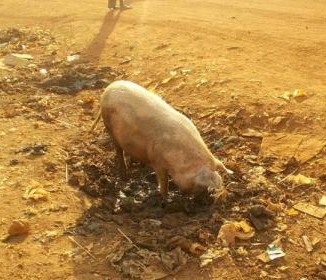
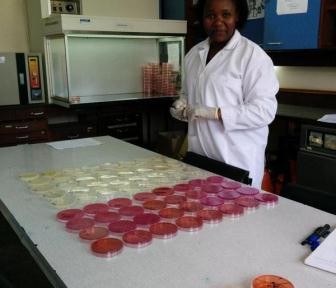
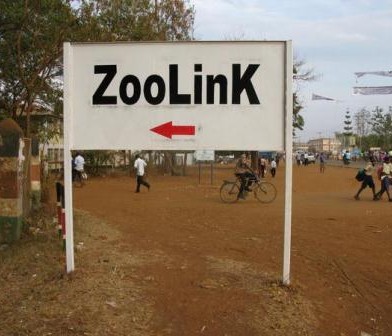
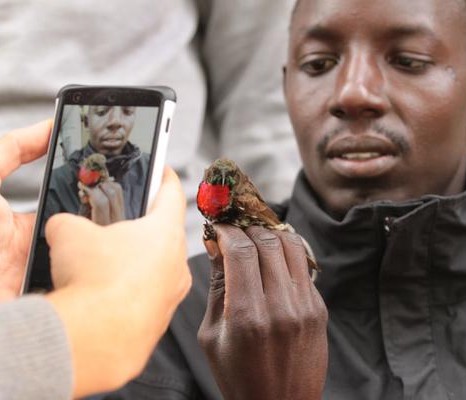
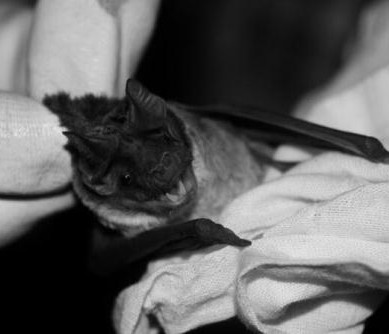
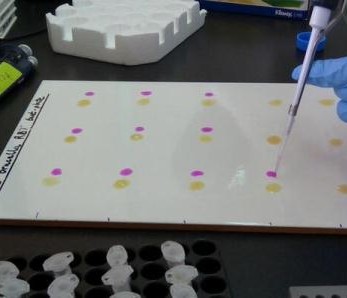
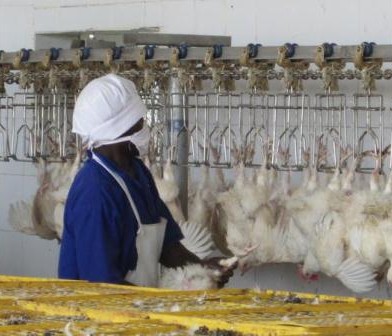
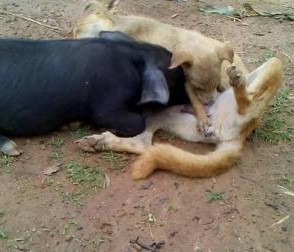
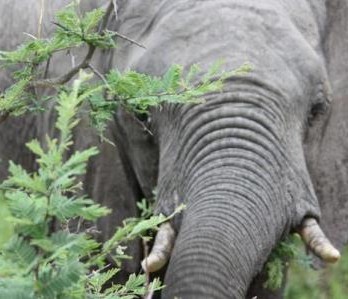
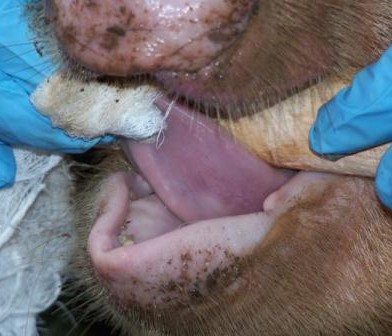
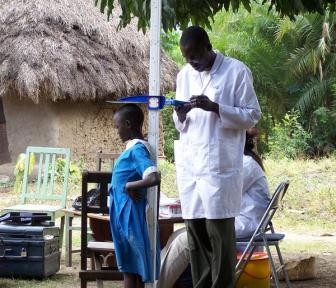
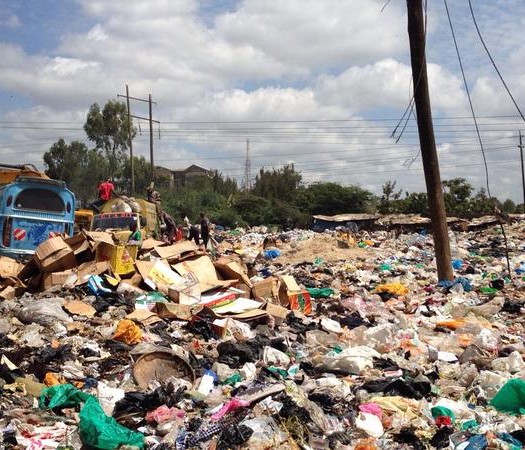
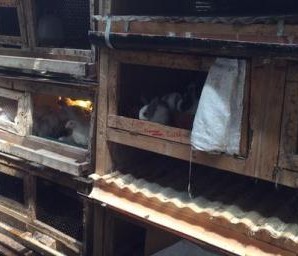
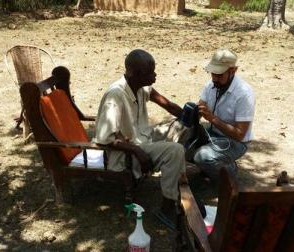
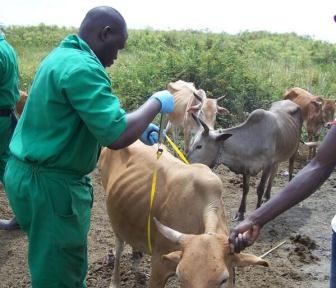
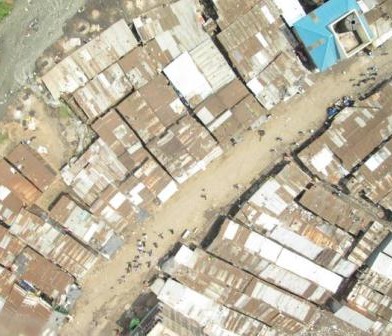
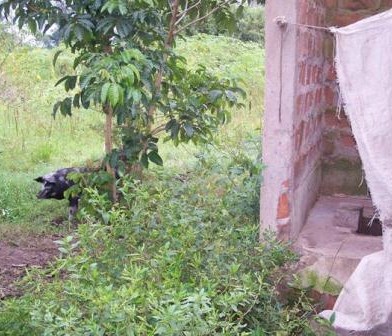
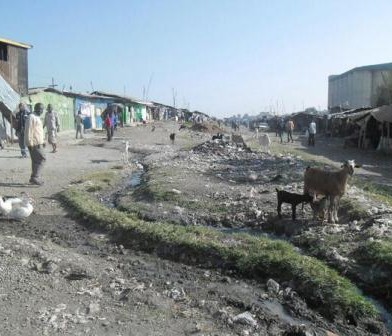
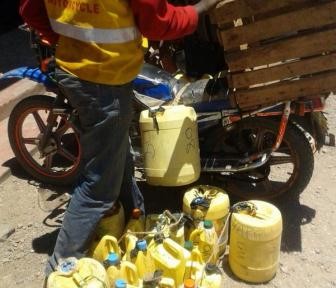
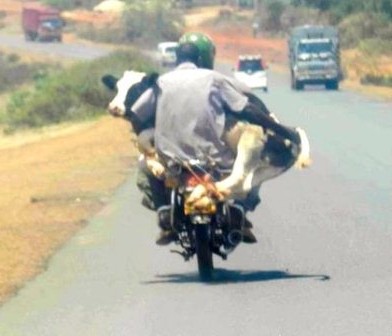
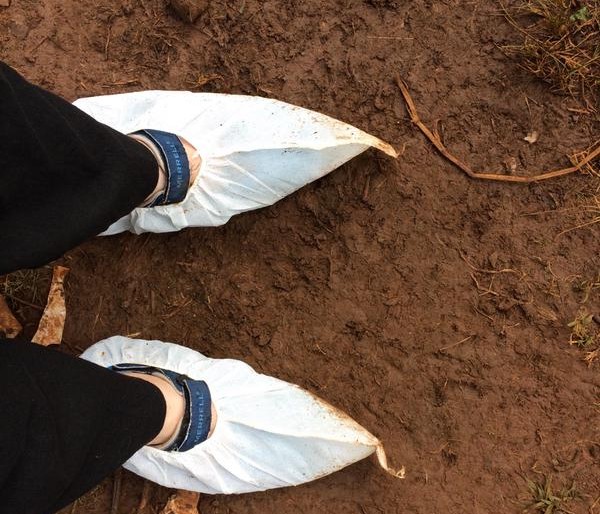
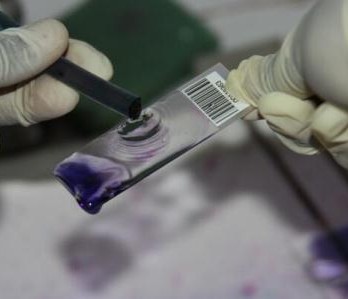
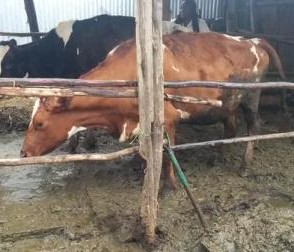
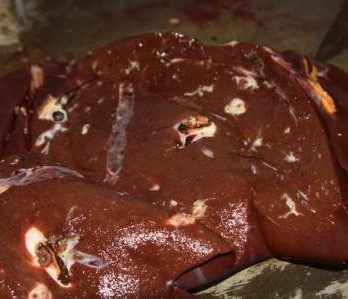
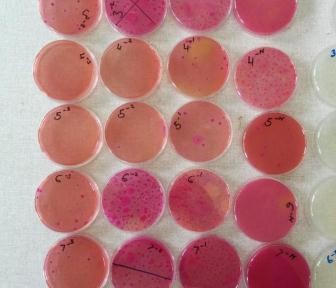
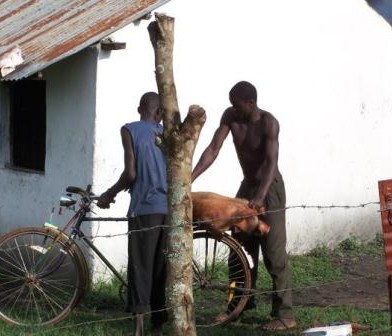
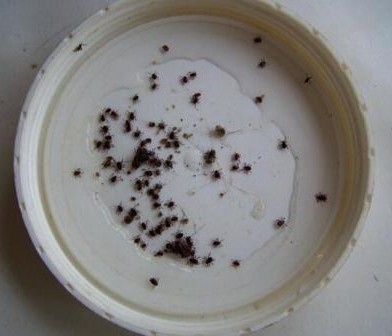
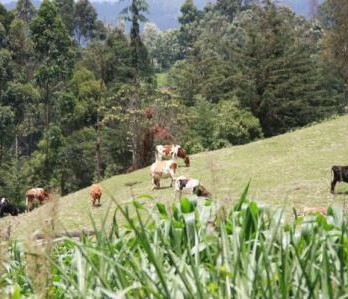
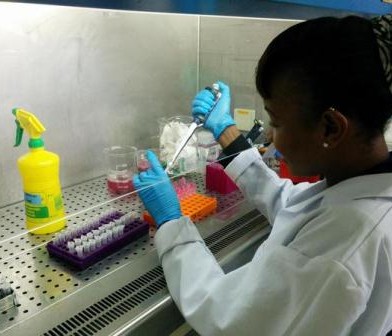
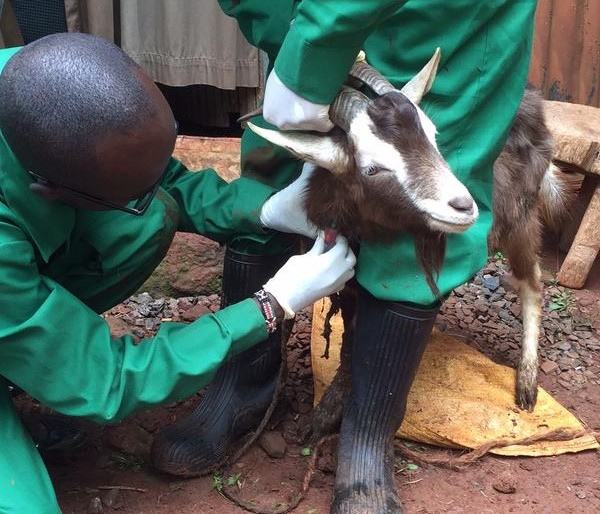
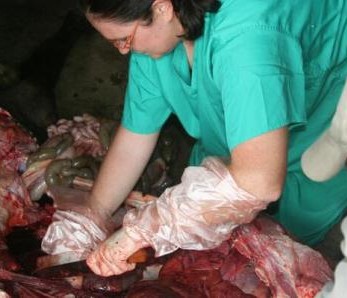
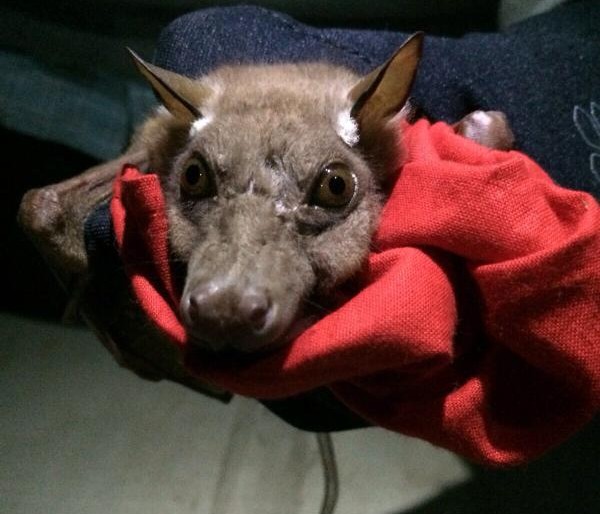
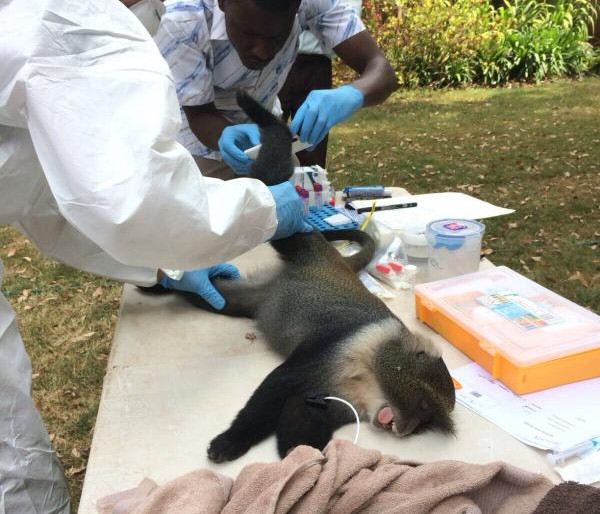
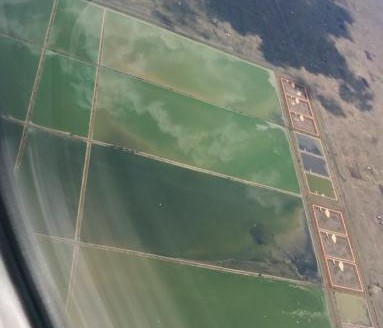
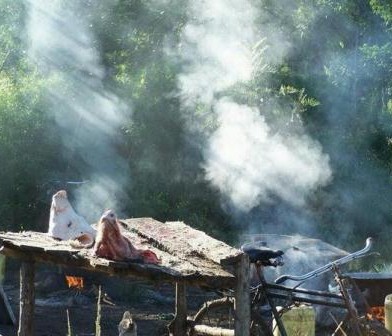
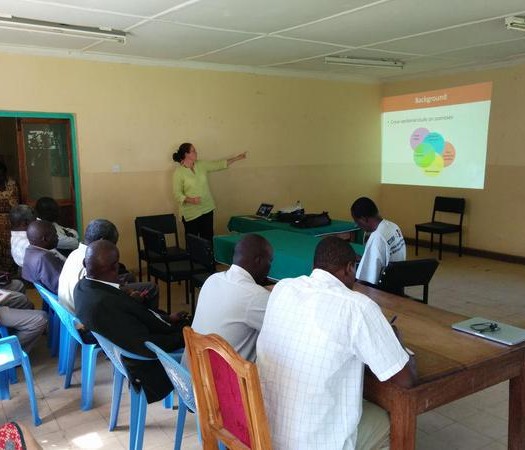
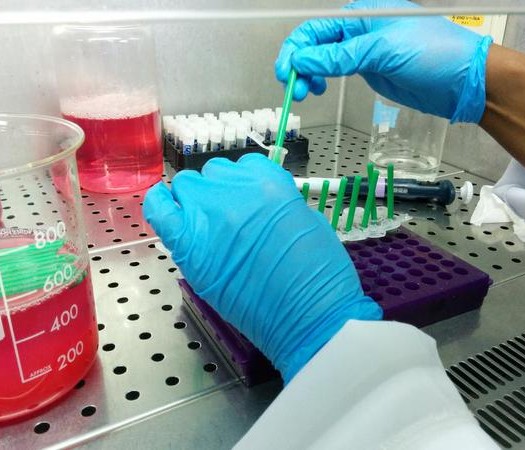
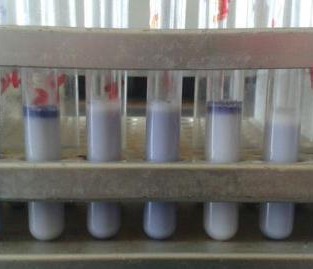
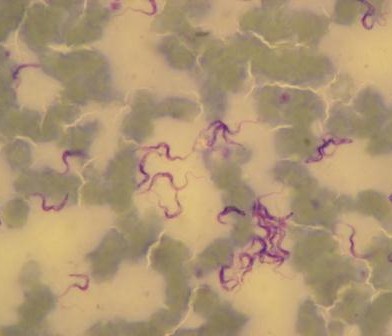
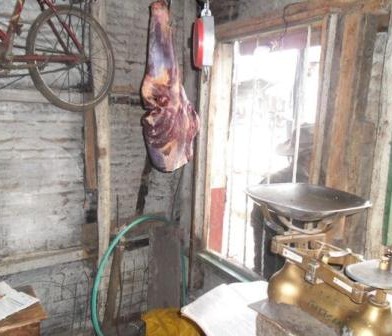
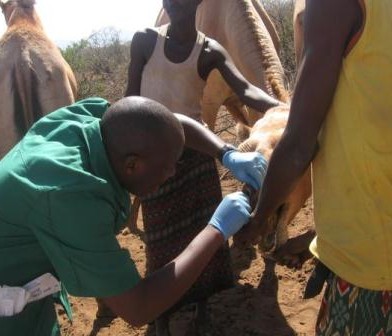

You must be logged in to post a comment.